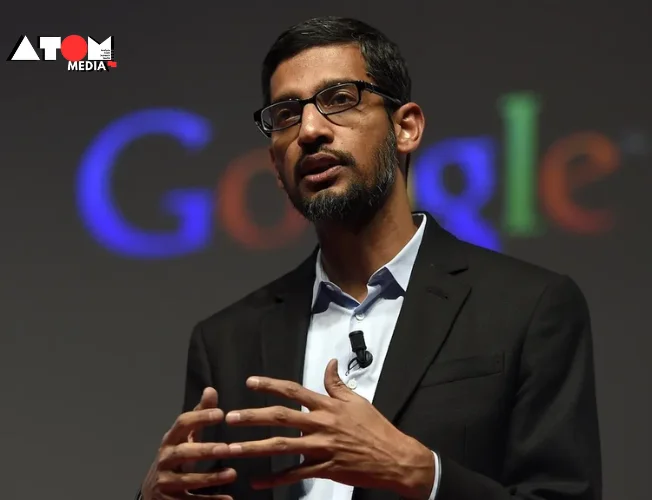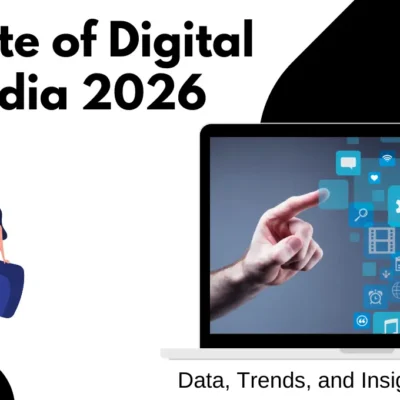In a groundbreaking announcement at the UN Summit of the Future, Google CEO Sundar Pichai revealed the company’s latest initiative to democratize access to artificial intelligence (AI) education. The $120 million Global AI Opportunity Fund aims to address the growing “AI divide” by offering AI training and resources to underserved communities worldwide. This fund is part of Google’s mission to foster inclusive innovation and equip individuals with the tools needed to navigate and succeed in an AI-driven world.
A Vision for Inclusive AI Education
Pichai, while announcing the Global AI Opportunity Fund, described artificial intelligence as the “most transformative technology yet” and emphasized its potential to drive positive global change. The $120M fund is designed to provide AI education and training, particularly in regions and communities that have been traditionally underserved by existing education systems. Through strategic partnerships with non-profits and NGOs, Google aims to offer equitable access to AI knowledge, thereby empowering individuals and fostering local innovation.
By focusing on the importance of inclusive AI education, this initiative seeks to not only develop technical skills but also unlock the potential for economic growth, innovation, and societal development in areas where such opportunities have been limited.
Four Key Pillars of AI Impact
Pichai outlined four primary areas where AI has the potential to make a transformative impact on society. These focus areas include:
- Information Accessibility: AI-powered tools can provide access to information in multiple languages, ensuring that people from different linguistic backgrounds can access vital knowledge.
- Scientific Discovery: AI has the ability to accelerate advancements in scientific research, driving breakthroughs in fields such as healthcare, climate science, and engineering.
- Climate Disaster Monitoring: AI can be leveraged to predict and monitor natural disasters, providing early warnings that could save lives and reduce the damage caused by climate-related events.
- Economic Development: By providing AI education and tools to underserved communities, Google aims to fuel local innovation and economic growth, helping these regions better compete in the global economy.
These pillars align with Google’s broader vision of using AI as a tool for societal good, focusing on solving some of the world’s most critical challenges through technology.
Addressing the AI Divide
While highlighting the transformative potential of AI, Pichai also addressed the challenges and risks that come with rapid AI development. He emphasized the need for balanced regulation to ensure that AI is used responsibly, while cautioning against policies that could stifle innovation or worsen the AI divide. Pichai’s concern is that overly restrictive regulations could inadvertently prevent the communities that stand to benefit the most from AI advancements from accessing these technologies.
The CEO called for global cooperation in shaping policies that protect against AI misuse, such as deepfakes and misinformation, while still allowing the technology to flourish. Navigating this balance, he noted, is crucial in ensuring that the benefits of AI are accessible to all and not just concentrated in certain regions or sectors.
Bridging the AI Divide: A Global Mission
The Global AI Opportunity Fund is designed to bridge the gap between communities that have access to AI technology and those that do not. A key focus of the fund is to provide AI education in local languages, ensuring that training programs are accessible to a wider audience. Additionally, Google plans to tailor these programs to the specific needs of different regions, providing opportunities for individuals to apply AI solutions to local challenges.
Through this initiative, Google aims to create a generation of AI problem-solvers who can leverage the technology to address both local and global issues. The company’s goal is to ensure that the AI revolution does not only benefit individuals in developed countries but extends to underserved regions, thereby promoting inclusive growth.
A Broader Strategy for Inclusive Growth
The Global AI Opportunity Fund is part of Google’s larger strategy of using technology to promote equitable growth. As AI continues to reshape industries and economies, Google is taking a proactive approach to ensure that the benefits of this technological revolution reach as many people as possible.
Pichai envisions a world where AI education empowers individuals to solve real-world problems, from improving healthcare outcomes to tackling climate change. By providing access to AI training and resources, Google hopes to foster innovation that transcends the technology sector, driving progress in areas such as economic development, scientific research, and disaster preparedness.
The Future of AI Education
Google’s Global AI Opportunity Fund is poised to make a significant impact by expanding AI education to underserved communities and bridging the digital divide. As AI becomes an increasingly essential part of modern life, ensuring that everyone has access to this technology is critical to creating a more equitable and prosperous future.
Through partnerships with local organizations and a focus on providing AI education in local languages, Google aims to democratize access to AI knowledge. This initiative is not only about teaching people how to use AI but also about empowering them to innovate and solve the unique challenges facing their communities. The ripple effect of this initiative could extend far beyond the technology sector, transforming lives and driving global progress.
Read more: Marketing News, Advertising News, PR and Finance News, Digital News





